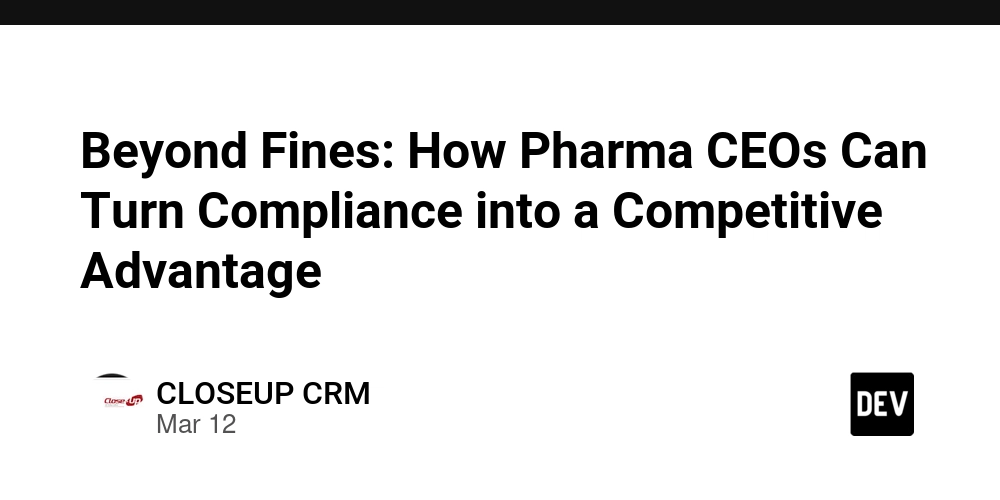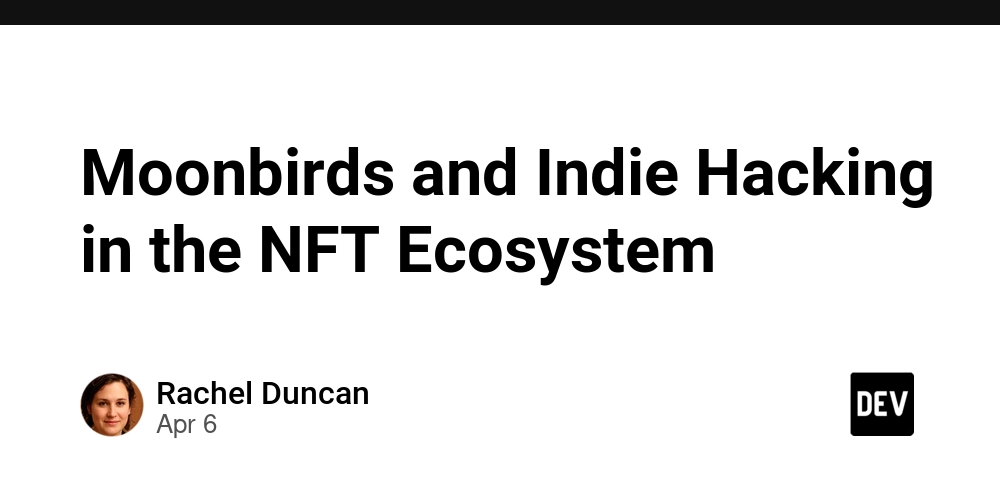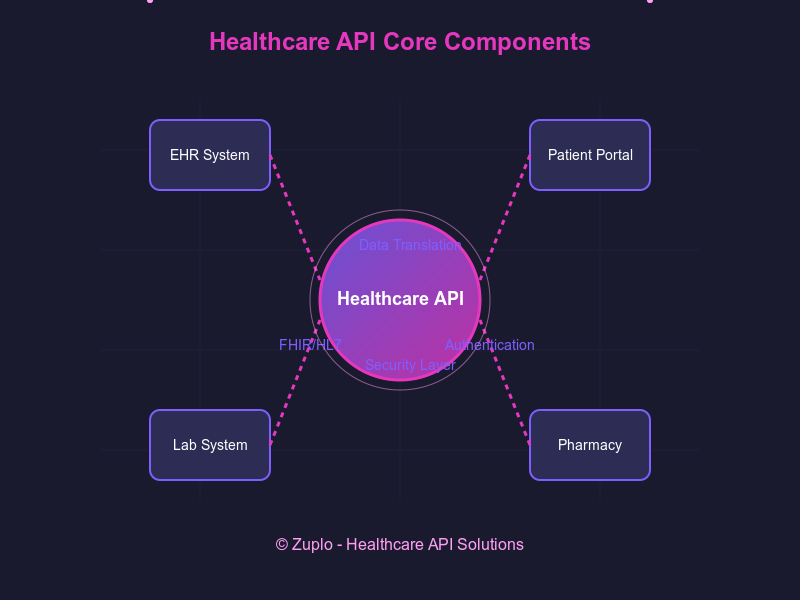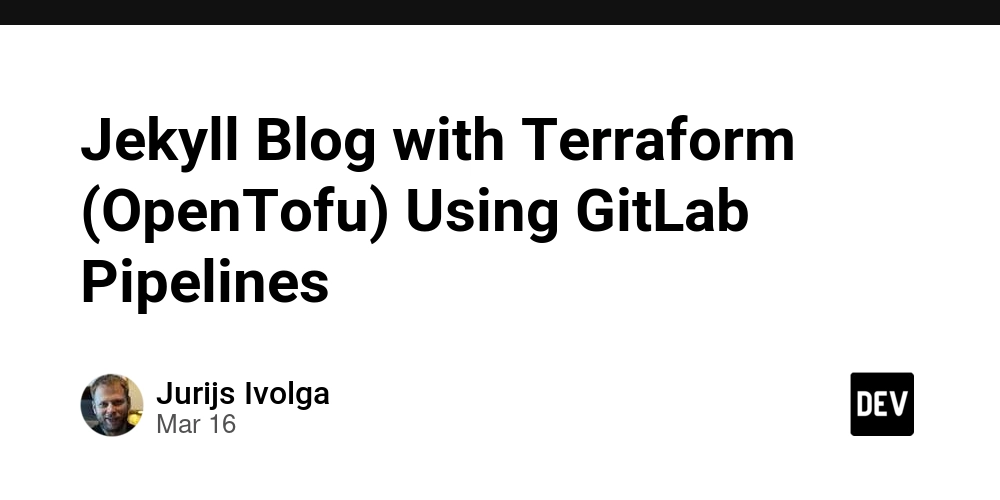Beyond Fines: How Pharma CEOs Can Turn Compliance into a Competitive Advantage
Pharmaceutical companies are facing unprecedented regulatory scrutiny, with fines for non-compliance reaching billions of dollars globally. In 2023 alone, the pharmaceutical industry paid over $10 billion in penalties for violations related to drug marketing, data privacy, and safety regulations. For CEOs, compliance is no longer just about avoiding fines—it’s about building a sustainable, trustworthy, and competitive business. By adopting proactive compliance strategies, pharma executives can enhance investor confidence, streamline operations, and accelerate market expansion. This article explores the growing compliance challenges and outlines how CEOs can transform regulatory adherence into a strategic advantage. The Rising Cost of Regulatory Non-Compliance 1. Billion-Dollar Fines & Legal Risks In recent years, companies have faced massive fines for: ✅ Off-label drug promotion (Example: $3 billion settlement in a major pharma case) ✅ Failure to disclose safety risks ✅ Violations of anti-kickback laws ✅ Breach of data privacy regulations (GDPR, HIPAA, etc.) These penalties not only impact finances but also damage corporate reputation and investor trust. 2. Evolving Global Regulations U.S. FDA & DOJ: Stricter enforcement of promotional practices and clinical data transparency. European Union (EU): Tougher GDPR rules impacting pharmaceutical data management. Asia-Pacific: Increased scrutiny in China, India, and Japan on pricing and ethical marketing. Latin America & Africa: Emerging regulations for drug approvals, pricing, and digital health technologies. 3. Reputation & Investor Confidence Risks Non-compliance triggers stock price drops, legal battles, and loss of shareholder trust. Institutional investors favor companies with strong ESG (Environmental, Social, and Governance) and compliance frameworks. CEOs must demonstrate proactive risk management to maintain corporate credibility. How Pharma CEOs Can Turn Compliance into a Competitive Advantage 1. Implement AI-Driven Compliance Monitoring ✅ Real-time risk detection – AI-driven analytics can flag compliance risks before they escalate. ✅ Automated reporting – Streamlines regulatory submissions and reduces human error. ✅ Data-driven decision-making – Enables executives to act based on compliance trends and insights. 2. Strengthen Internal Compliance Culture ✅ CEO-led compliance initiatives – Setting a top-down culture of ethical business practices. ✅ Regular compliance training – Ensuring employees understand global regulations and ethical guidelines. ✅ Whistleblower protection & transparency policies – Encouraging a speak-up culture within the organization. 3. Leverage Digital Solutions for Regulatory Compliance ✅ Cloud-based compliance platforms – Centralize documentation and reporting for audits. ✅ Blockchain for data integrity – Ensures tamper-proof record-keeping for regulatory submissions. ✅ Automated audit trails – Provides a clear, real-time history of compliance actions. 4. Build Strategic Partnerships with Regulators ✅ Engage with regulatory bodies early – Foster open communication to understand compliance expectations. ✅ Participate in policy discussions – Influence future regulatory frameworks beneficial to industry innovation. ✅ Global compliance alignment – Harmonize internal processes with multi-market regulations. 5. Transform Compliance into a Business Growth Enabler ✅ Faster market approvals – Companies with strong compliance records face fewer regulatory delays. ✅ Competitive differentiation – Investors and partners prefer companies with low compliance risks. ✅ Stronger patient & HCP trust – Compliance ensures ethical marketing and better stakeholder relationships. Conclusion For pharma CEOs, compliance is no longer just a legal necessity—it’s a strategic asset. By embracing AI-driven monitoring, strong compliance culture, digital solutions, and regulatory partnerships, pharmaceutical leaders can not only mitigate risks but also gain a competitive edge in the market. As global regulations continue to evolve, CEOs who prioritize proactive compliance strategies will be the ones leading sustainable, trustworthy, and high-growth pharmaceutical companies.

Pharmaceutical companies are facing unprecedented regulatory scrutiny, with fines for non-compliance reaching billions of dollars globally. In 2023 alone, the pharmaceutical industry paid over $10 billion in penalties for violations related to drug marketing, data privacy, and safety regulations. For CEOs, compliance is no longer just about avoiding fines—it’s about building a sustainable, trustworthy, and competitive business.
By adopting proactive compliance strategies, pharma executives can enhance investor confidence, streamline operations, and accelerate market expansion. This article explores the growing compliance challenges and outlines how CEOs can transform regulatory adherence into a strategic advantage.
The Rising Cost of Regulatory Non-Compliance
1. Billion-Dollar Fines & Legal Risks
- In recent years, companies have faced massive fines for:
✅ Off-label drug promotion (Example: $3 billion settlement in a major pharma case)
✅ Failure to disclose safety risks
✅ Violations of anti-kickback laws
✅ Breach of data privacy regulations (GDPR, HIPAA, etc.)
- These penalties not only impact finances but also damage corporate reputation and investor trust.
2. Evolving Global Regulations
- U.S. FDA & DOJ: Stricter enforcement of promotional practices and clinical data transparency.
- European Union (EU): Tougher GDPR rules impacting pharmaceutical data management.
- Asia-Pacific: Increased scrutiny in China, India, and Japan on pricing and ethical marketing.
- Latin America & Africa: Emerging regulations for drug approvals, pricing, and digital health technologies.
3. Reputation & Investor Confidence Risks
- Non-compliance triggers stock price drops, legal battles, and loss of shareholder trust.
- Institutional investors favor companies with strong ESG (Environmental, Social, and Governance) and compliance frameworks.
- CEOs must demonstrate proactive risk management to maintain corporate credibility.
How Pharma CEOs Can Turn Compliance into a Competitive Advantage
1. Implement AI-Driven Compliance Monitoring
✅ Real-time risk detection – AI-driven analytics can flag compliance risks before they escalate.
✅ Automated reporting – Streamlines regulatory submissions and reduces human error.
✅ Data-driven decision-making – Enables executives to act based on compliance trends and insights.
2. Strengthen Internal Compliance Culture
✅ CEO-led compliance initiatives – Setting a top-down culture of ethical business practices.
✅ Regular compliance training – Ensuring employees understand global regulations and ethical guidelines.
✅ Whistleblower protection & transparency policies – Encouraging a speak-up culture within the organization.
3. Leverage Digital Solutions for Regulatory Compliance
✅ Cloud-based compliance platforms – Centralize documentation and reporting for audits.
✅ Blockchain for data integrity – Ensures tamper-proof record-keeping for regulatory submissions.
✅ Automated audit trails – Provides a clear, real-time history of compliance actions.
4. Build Strategic Partnerships with Regulators
✅ Engage with regulatory bodies early – Foster open communication to understand compliance expectations.
✅ Participate in policy discussions – Influence future regulatory frameworks beneficial to industry innovation.
✅ Global compliance alignment – Harmonize internal processes with multi-market regulations.
5. Transform Compliance into a Business Growth Enabler
✅ Faster market approvals – Companies with strong compliance records face fewer regulatory delays.
✅ Competitive differentiation – Investors and partners prefer companies with low compliance risks.
✅ Stronger patient & HCP trust – Compliance ensures ethical marketing and better stakeholder relationships.
Conclusion
For pharma CEOs, compliance is no longer just a legal necessity—it’s a strategic asset. By embracing AI-driven monitoring, strong compliance culture, digital solutions, and regulatory partnerships, pharmaceutical leaders can not only mitigate risks but also gain a competitive edge in the market.
As global regulations continue to evolve, CEOs who prioritize proactive compliance strategies will be the ones leading sustainable, trustworthy, and high-growth pharmaceutical companies.









































































































































































![[The AI Show Episode 142]: ChatGPT’s New Image Generator, Studio Ghibli Craze and Backlash, Gemini 2.5, OpenAI Academy, 4o Updates, Vibe Marketing & xAI Acquires X](https://www.marketingaiinstitute.com/hubfs/ep%20142%20cover.png)



























































































































![[FREE EBOOKS] The Kubernetes Bible, The Ultimate Linux Shell Scripting Guide & Four More Best Selling Titles](https://www.javacodegeeks.com/wp-content/uploads/2012/12/jcg-logo.jpg)



![From drop-out to software architect with Jason Lengstorf [Podcast #167]](https://cdn.hashnode.com/res/hashnode/image/upload/v1743796461357/f3d19cd7-e6f5-4d7c-8bfc-eb974bc8da68.png?#)






































































































.png?#)




.jpg?#)
































_Christophe_Coat_Alamy.jpg?#)







































































































![Rapidus in Talks With Apple as It Accelerates Toward 2nm Chip Production [Report]](https://www.iclarified.com/images/news/96937/96937/96937-640.jpg)









































































































































